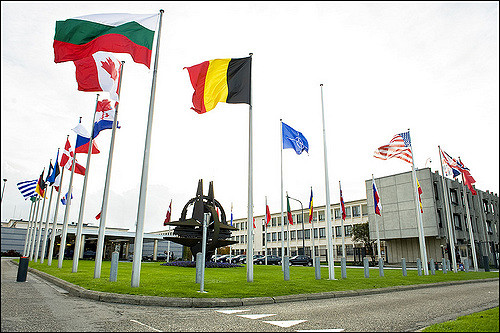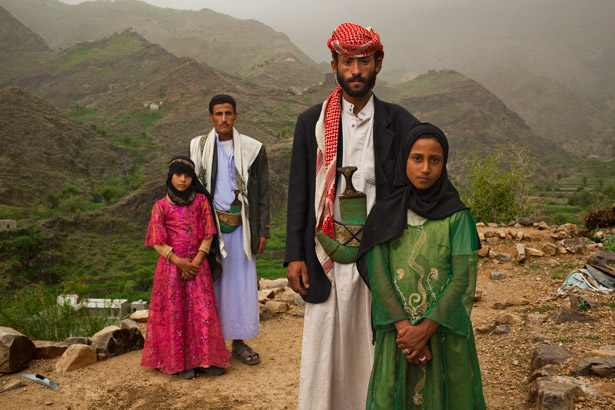The United Nations first recognized International Women’s Day as a global holiday in 1975, but the history of this day began decades prior.
In the 1800s, the women’s suffrage movement was taking hold of provinces, territories, and states in Europe, the United States, and Canada. This took the form of protests, meetings, and publications led by women who were eager to be granted the same rights as men. In Canada, such disenfranchisement was also spread amongst Black, Asian, and Indigenous communities, regardless of gender. Despite this, the fight for women’s right to vote in elections was not always an inclusive process, with the face of suffrage commonly being those of white women who believed people of colour to be socially inferior.
However, the inner workings of a movement can be quite different than the public face. Mary Ann Shadd Cary, the first Black female newspaper publisher in Canada and one of the first Black women to ever obtain a law degree, was a prominent and more intersectional voice in the women’s suffrage movement in Canada. Cary was an editor of The Provincial Freeman, which, in addition to promoting success stories of Black people living in Canada, also advocated for women’s rights. While she never took credit for articles written by her, she is remembered today for her relentless advocacy for women in Canada.
Across borders, women were engaging in similar activities. In 1908, 15,000 women marched for shorter hours, better pay, and voting rights in New York City, leading to the enforcement of a National Women’s Day on the last Sunday of every February. The idea for an International Women’s Day (IWD) came from Clara Zetkin of Denmark. As the Leader of the ‘Women’s Office’ for the Social Democratic Party in Germany, Zetkin proposed IWD as a day that occurs every year to allow for women in all countries to “press for their demands”. On March 19, 1911, International Women’s Day was honoured in Austria, Denmark, Germany, and Switzerland. Women in Russia observed their first IWD on February 23, 1914, while also campaigning for peace. When translated into the Gregorian Calendar, this date becomes March 8 – the date that has been adopted globally.
Since the official recognition of IWD by the UN in 1975, the day has been characterized by several themes including “Celebrating the Past, Planning for the Future”, “Women at the Peace Table”, “Women and Human Rights”, and “World Free of Violence Against Women”. However, these themes are idealistic, and do not always reflect the current state of progress on the particular issues they aim to confront. As women continue to face problems of unequal pay, representation, and treatment, the activism that occurs on this day becomes both increasingly driven by fierce passion and has led to crackdowns by authorities.
One example of this was the IWD march that occurred in Turkey on March 8, 2023. Since 2021, Turkey has withdrawn from a European treaty protecting women from domestic violence and endured a horrific earthquake death toll, which was largely a result of poor building regulation. Thousands of people gathered in Istanbul to protest these occurrences, demonstrating for approximately two hours before police intervened with tear gas and began to detain individuals. According to local authorities, the site of the protest was not authorized for demonstrations, despite having housed Women’s Day marches since 2003. Authorities also worried that the protests could provoke verbal and physical attacks, be misused by terror groups, and threaten national security. With banners reading “control contractors, not women” and 328 women having been killed by men in Turkey in the last year, it is clear that the hopeful themes that IWD is built upon still have a long way to go before being realized.
Photo: “There Is No Coming Back” – Women’s Day March in Istanbul (2017) by Student Media Grantee Özge Sebzeci, Conflict & Development at Texas A&M via Flickr. Licensed under CC BY-NC-ND 2.0.
Disclaimer: Any views or opinions expressed in articles are solely those of the author and do not necessarily represent the views of the NATO Association of Canada.




